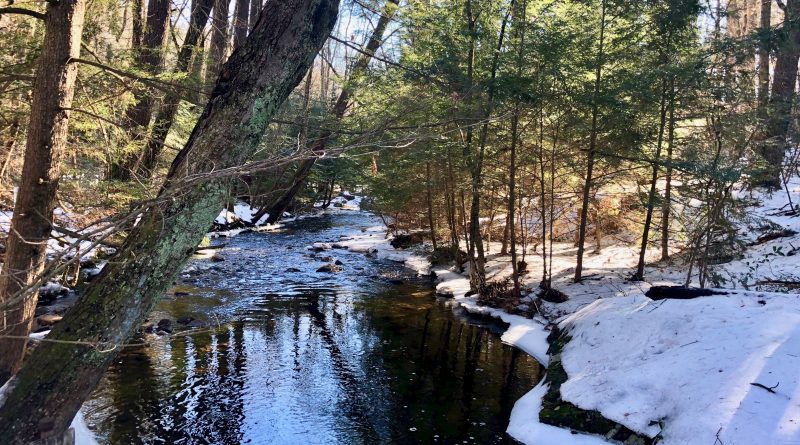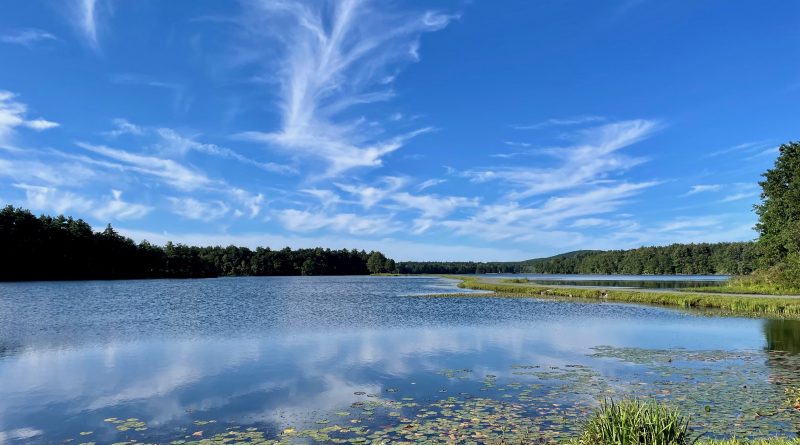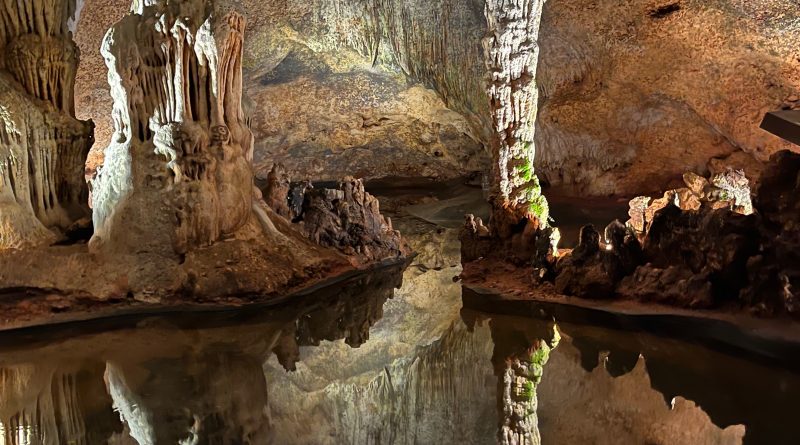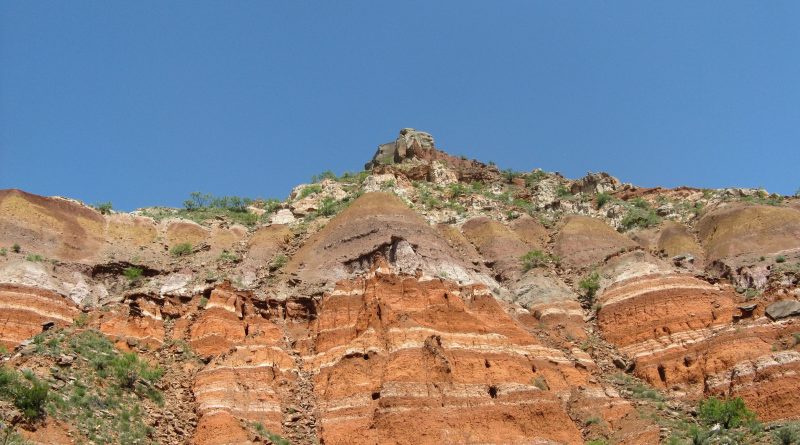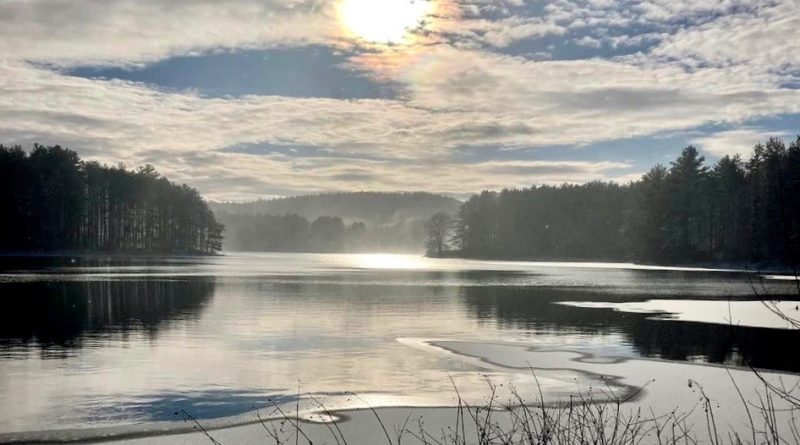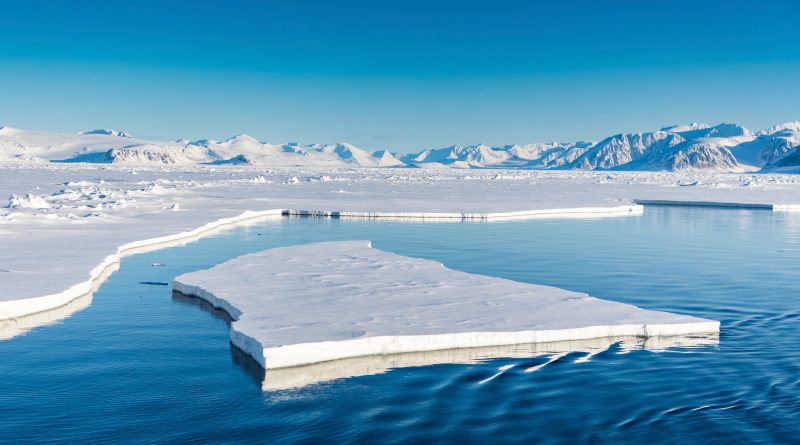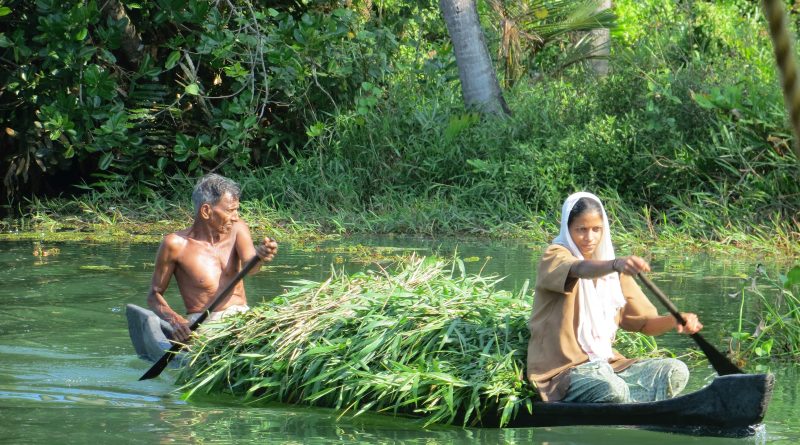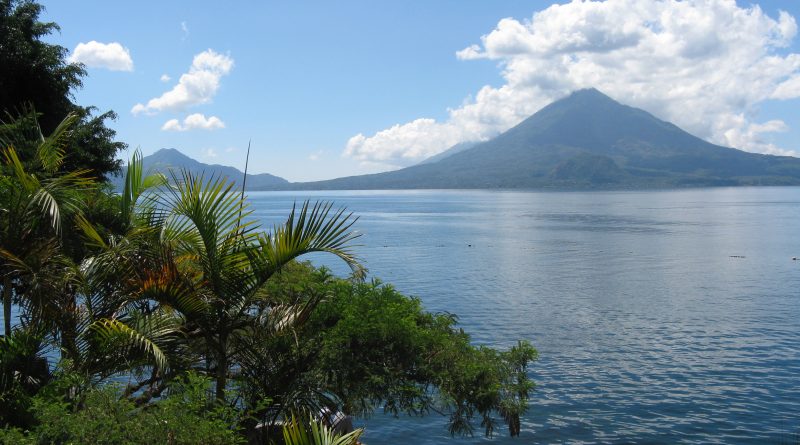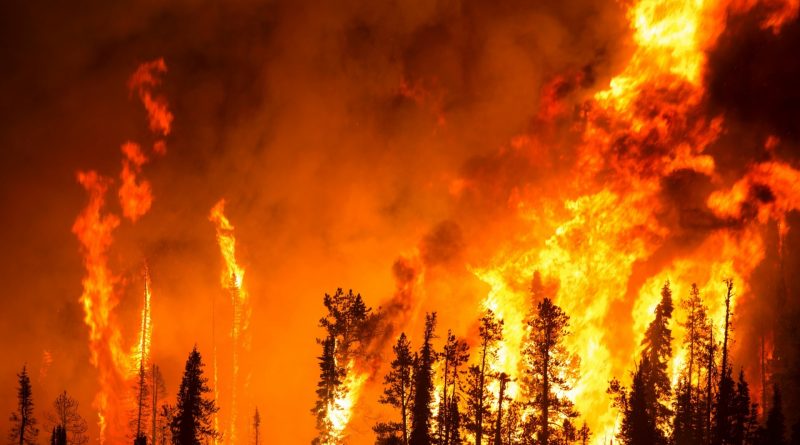“The New Denialism” – What’s That?
For many years one of the biggest obstacles to the United States taking meaningful climate action was widespread climate denial. PR campaigns, often funded by the fossil fuel industry, promoted the idea that climate change was not actually happening, and if it was, it was not caused by human activity. These campaigns were remarkably successful in creating widespread doubt about climate change. The Republican Party in the United States became the only major political party in the democratic world denying the legitimacy of climate science.
More recently, as the effects of climate change around the world and in the U.S. have become more extreme and obvious, outright denial of the existence of climate change has decreased. Polling of public beliefs in 2023 shows 72% of adults in the U.S. believe that climate change is happening. Polling shows 62% of the public in the U.S. thinks Congress should do more to address global warming.
In response, the advocates of climate denial have not gone silent, they have simply shifted their tactics to what is being termed, “New Denialism.” A recent report shows this new denialism is growing on social media and having an impact, especially on younger people.
The new tactics of the climate deniers focus in three major claims:
Read more